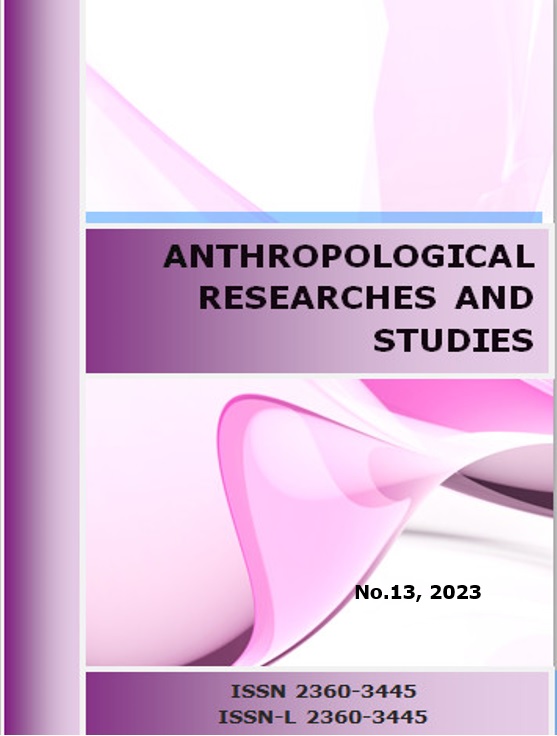ANXIETY, DEPRESSION, STRESS, AND COPING STRATEGIES, IN ROMANIAN STUDENTS AFTER THE OUTBREAK OF THE COVID-19 PANDEMIC
ANXIETY, DEPRESSION, STRESS, AND COPING STRATEGIES, IN ROMANIAN STUDENTS AFTER THE OUTBREAK OF THE COVID-19 PANDEMIC
Author(s): Mihaela Lungu, Cornelia Rada, Dorina Maria Nijloveanu, Albert VAMANUSubject(s): Higher Education , Social psychology and group interaction, Behaviorism, Health and medicine and law, Sociology of Culture, Sociology of Education
Published by: Institutul de Antropologie ,,Francisc I. Rainer” al Academiei Române
Keywords: SarsCov2 pandemic; coping; depression; anxiety; stress;
Summary/Abstract: Objectives. The outbreak of the SarsCov-2 virus pandemic in March 2020, produced essential changes in the way of life for students in different countries. Each person has developed their own personal coping systems to adapt to the times. The purpose was to assess the magnitude of impact produced in behavioral and emotional life dimensions at the beginning of the COVID-19 lockdown. Material and methods. Collecting data was based on a comprehensive online questionnaire, addressed to 19-25 years old, master’s, and bachelor’s students in Romania. The questionnaire includes standard psychological evaluation tools such as Depression, Anxiety, and Stress Scales, DASS – 21R, Cognitive-Emotional Coping Assessment Questionnaire (CERQ), and Strategic Approaches to Coping Scale (SACS), but also a series of demographic indicators. Statistic analyse was based on ANOVA, Levene Test, T-Test, and Pearson Correlations. Results. The results revealed some differences between coping strategies male participants would choose, and those preferred by female participants, and small variances between age groups. The most commonly found coping strategy was social support. Maladaptive and passive coping strategies positively correlated to all mental health indicators. Self-blame (p<.001), rumination, catastrophizing (p<.001), and blaming others correlate positively with all DASS-21R subscales, depression, anxiety, and stress as well. Positive refocus negatively correlated to depression (p=.020), anxiety (p=.009), and stress (p=.004). Conclusions. At the beginning of the COVID-19 lockdown most of the participants have chosen prosocial coping strategies. The impact of the pandemic on Romanian students was rather mild. Active coping strategies predict more adaptive behavior and feelings. The findings of the current study can be expanded (to some extent) to non-pandemic situations also.
Journal: Anthropological Researches and Studies
- Issue Year: 2023
- Issue No: 13
- Page Range: 83-104
- Page Count: 22
- Language: English

